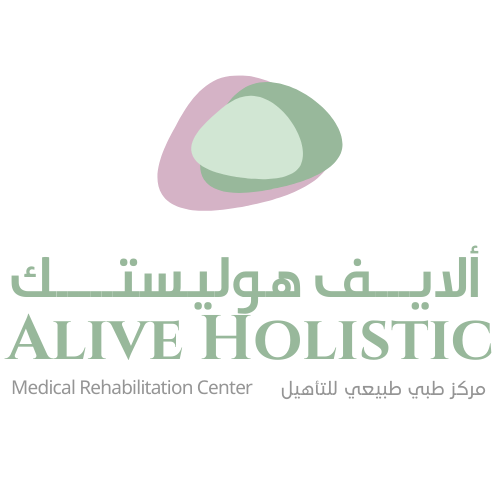
The Healing Elixir: Castor Oil's Superiority Over Vaseline for Post-Brow Tattoo Care
Get Our Recommended Castor Oil Here;
Introduction:
Undergoing a brow tattoo is an exciting and transformative experience, but it comes with a crucial responsibility: post-tattoo care. As your brows heal and evolve, the products you choose can significantly impact the final outcome. When it comes to selecting the ideal aftercare product, castor oil emerges as a champion, outshining even the Vaseline. In this blog, we will explore the benefits of choosing castor oil for post-brow tattoo care, especially when dealing with open wounds, and delve deeper into the potential drawbacks of Vaseline.
1. Deep Nourishment and Hydration:
Castor oil is renowned for its natural emollient properties that deeply nourish and hydrate the skin. Unlike Vaseline, which forms a barrier on the skin’s surface, castor oil is absorbed into the deeper layers, providing essential nutrients to promote faster healing. The high concentration of fatty acids in castor oil helps soothe the sensitive skin around your newly tattooed brows, reducing irritation and redness.
Anti-Inflammatory Properties:
Open wounds from a brow tattoo can leave your skin feeling sensitive and prone to inflammation. Castor oil boasts anti-inflammatory compounds like ricinolein acid, which can help calm irritated skin and minimize redness. This natural anti-inflammatory effect is particularly beneficial during the initial healing phase of your brow tattoo.
Antimicrobial Benefits:
One of the concerns after a tattoo is preventing infection. Castor oil possesses antimicrobial properties that can aid in safeguarding the healing area against potential infections. The oil’s natural defense mechanisms can help create an environment less conducive to harmful bacteria, reducing the risk of complications.
Hair Growth Stimulation:
If your brow tattoo includes microblading or other techniques that involve hair-like strokes, castor oil becomes even more relevant. It’s been traditionally used to encourage hair growth due to its nourishing properties. Applying castor oil to your healing brow area might help stimulate hair follicles, aiding in achieving a natural, lush brow look.
Lighter Texture and Absorption:
While Vaseline is a classic choice for creating a protective barrier, it can sometimes feel heavy and suffocating on the skin. Castor oil, on the other hand, has a lighter texture that allows for better absorption without clogging pores. This breathable quality can be especially appreciated when dealing with open wounds, as it minimizes the risk of trapped bacteria.
Rich in Vitamins and Antioxidants:
Castor oil is a treasure trove of vitamins and antioxidants, including vitamin E, which promotes skin repair, and antioxidants that fight free radicals. These nutrients can contribute to the overall health of your healing brow area, enhancing its ability to recover and regenerate.
Vaseline’s Potential Drawbacks:
While Vaseline has been a staple in skincare routines, its petroleum-based composition raises some concerns. Petroleum jelly, the main ingredient in Vaseline, forms a barrier on the skin’s surface that can obstruct the natural flow of oxygen and moisture. Additionally, its molecules are large and cannot penetrate the skin effectively, which may hinder the skin’s ability to heal efficiently. In contrast, castor oil’s lightweight nature allows it to penetrate deeper, delivering its healing properties where they are needed most.
Conclusion:
By choosing castor oil over Vaseline for post-brow tattoo care, you’re not only embracing a product with a proven history of promoting healing and nourishment but also avoiding potential drawbacks associated with petroleum-based products like Vaseline. Castor oil’s superior ability to penetrate the skin, provide essential nutrients, and support the healing process makes it an ideal choice for ensuring your brow tattoo heals beautifully and thrives in the long run. Your brow journey deserves the best care, and castor oil is undoubtedly the healing elixir that can make a difference.

